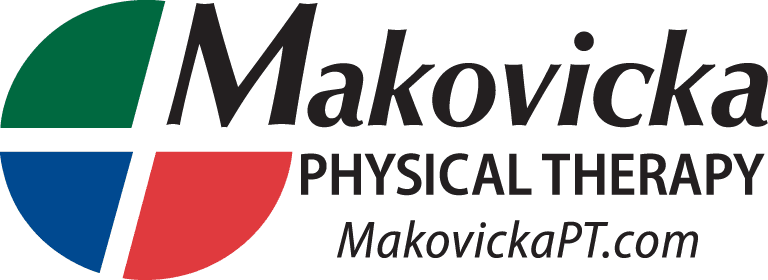Frequently Asked Questions about Functional Dry Needling
- What is Dry Needling?
- Dry Needling is a treatment procedure in which a thin needle is passed through the skin into a muscle. The target of the procedure is usually a trigger point, or “knot,” in the muscle that is causing pain and/or dysfunction. This procedure may include use of electrical stimulation to get the muscle to “twitch.”
- What types of problems is Dry Needling used to treat?
- Dry Needling can be used to treat a wide variety of acute and chronic conditions. While most people have felt trigger points in the muscles of their neck and shoulder, these trigger points can be found in any muscle of the body. These “knots” are signs of a problem in the muscle. When a muscle has been injured, strained, or overused, it often presents with one or more trigger points and these can cause local pain or pain in an adjacent area. Dry Needling has been found to be extremely effective in reducing or eliminating these trigger points in just a few treatments.
- Does Dry Needling hurt?
- Because of the small size of the needle, very few patients feel discomfort with its insertion.
- Once the needle is inserted in to the trigger point the patient will most often feel a “cramping” sensation in the muscle. This sensation is temporary and is usually followed by relaxation of the muscle.
- How do I know if Dry Needling is the treatment I need?
- Your physician and physical therapist can help determine if Dry Needling is an appropriate treatment for your condition. You may not receive Dry Needling if you are pregnant, have blood clotting disorders or are taking medicine to reduce blood clotting, have an infection in the area that requires treatment, or have had surgery in the last six weeks.
- Where can I go to receive Dry Needling?
- Dry Needling can be performed by a physical therapist, or other healthcare provider that has received advanced training, and has demonstrated proficiency in this treatment technique. Currently, all seven Makovicka Physical Therapy locations offer dry needling services.
- Does insurance cover Dry Needling?
o Dry Needling is covered by most all insurances through your physical therapy benefits.
